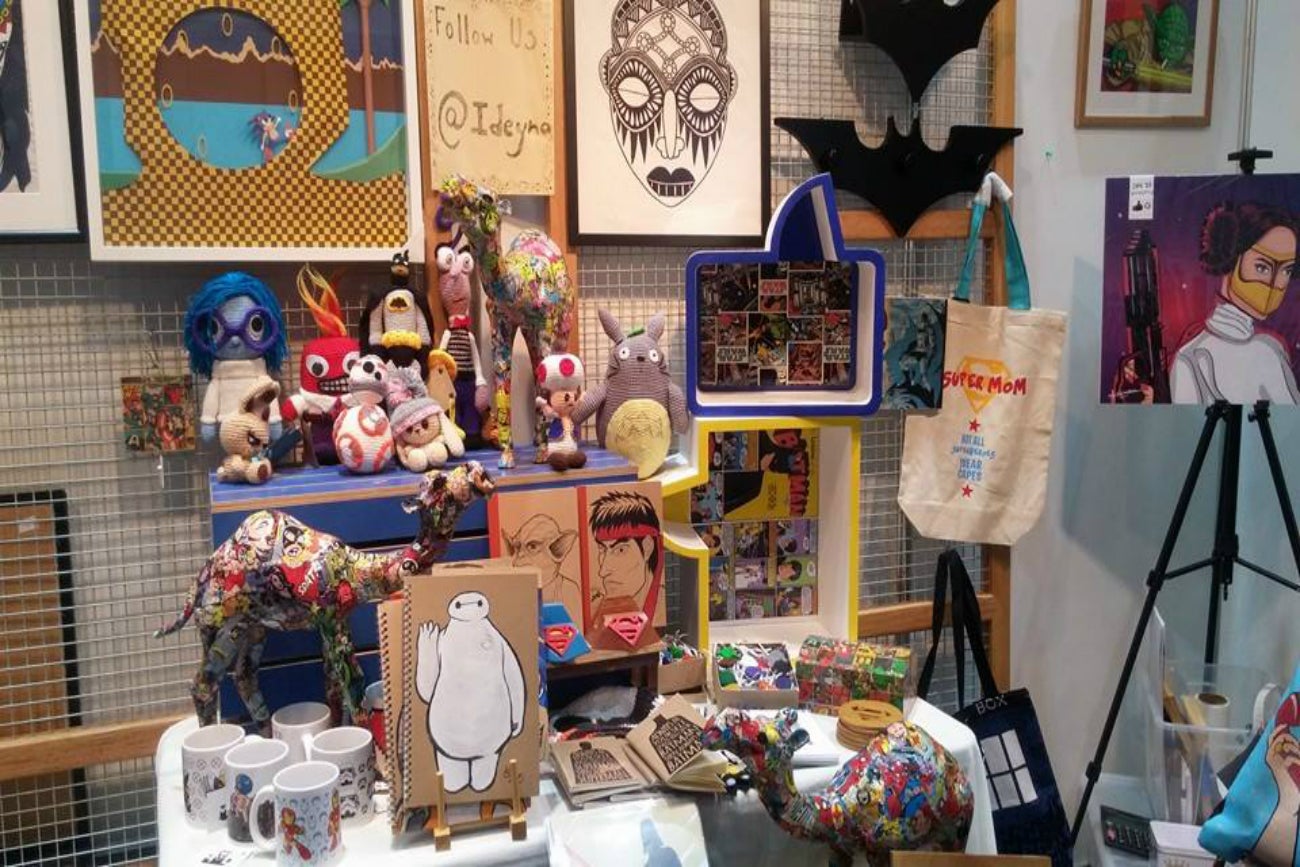How Pop-Ups Are Changing Retail Gone are the days when high streets and malls dominated the retail landscape.
Opinions expressed by Entrepreneur contributors are their own.
You're reading Entrepreneur Middle East, an international franchise of Entrepreneur Media.

Gone are the days when high streets and malls dominated the retail landscape. Today, there's a new paradigm on the scene, and the focus is on excitement, exclusivity and entrances that are high impact, and short term. Pop-ups are shaking up retail markets across the globe, from London and Dubai to Sydney and Los Angeles.
So what does this mean for retail as we know it? The impact has been profound, for both customers and retailers alike. Here are some of the ways pop-ups have categorically changed the face of retail.
1. Affordable bricks and mortar presence
For many retailers, a bricks and mortar store simple isn't a reality due to sky-high rents, inflexible leases and a constant influx of overheads. This means that brands remain trapped in the online market. That is until the concept of pop-up stores arrived on the scene. Fleeting by nature, pop-ups allow online retailers to tap into the benefits of tangible stores, without sending themselves broke in the process. Ultimately, they empower brands with physical personalities to connect with customers, both old and new.
2. Connecting with customers
Fundamentally, pop-ups allow brands to create meaningful relationships with customers. Even globally recognized brands now use pop-ups to connect with their customers on a deeper level. Take Volvo for example. At its recent pop-up café in Korea, The House of Sweden served up a host of cultural experiences, Scandinavian treats and more.
3. Intrinsically exciting
Pop-ups are underpinned by an intrinsic sense of exclusivity and excitement. They deliver a one-off experience, and are exceptional opportunities to engage customers on a level that they can't resist. 21st century consumerism is driven by the innate human attraction to things that are new. Pop-ups play on this anthropoid characteristic, and use the "here today, gone tomorrow" element to push interest, and sales.
4. Driving impulse
What about brands that have already established a strong physical presence? Pop-ups are still an incredibly powerful tool, as they spark impulse and spontaneity. Their transient nature makes them a great way to launch new products, and create a sense of urgency and excitement. This "fear of missing out" quality can resonate deeply with customers, and influence their buying behavior to create a positive sales impact.
From a customer engagement perspective, the temporary nature of pop-ups empowers brands with the scope to tailor experiences. Right down to neighborhood stereotypes and preferences, pop-ups can be strategically customized to maximize impact, and augment customer responsiveness.
While the name "pop-up" has temporary connotations, the trend itself is by no means transitory. Pop-ups are here to stay, and will no doubt continue to transform the retail landscape as an increasing number of both independent and globally recognized brands get onboard.
Related: The Importance Of Offline Retail Presence In An Online World












